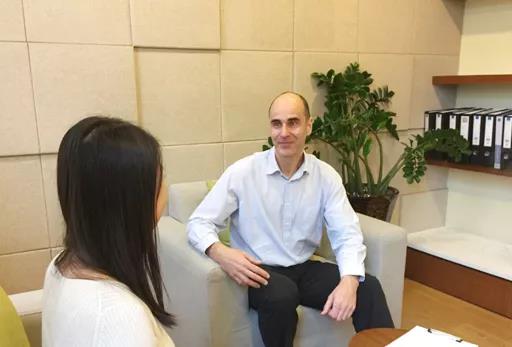
Listening? What do you Mean by Listening?
When a clinical psychologist or therapist is at work, most of work he/she does is listening. Some of you might say, isn’t that easy? Everybody can listen. Well, actually active listening that has therapeutic effect can almost only be done by trained professionals. When they listen, they are able to:

Listen without Assumptions or Judgment.
During our daily communication, most people are busy sorting out the meaning of what they heard while listening. Habitually, we tend to filter or add things when we listen, in order to form a quick opinion in our mind. These kinds of assumptions often get in the way of communicating. As a result, what we heard often is slightly altered from what the other person said. However, trained therapists are able to actively prevent themselves from listening with assumptions. They are simply open and ready to receive everything the client has to say.
Pay Full Attention to the Body and Mind.
Listening isn’t just about the words. A lay person normally listens to obtain information while trained therapists listen to obtain much more. Besides the verbal content, the clinician will listen to assess emotion and cognitive functioning style (from tuning into the client’s non-verbal expressions). The clinician will also listen to understand what’s not overtly expressed. By accurately capturing the slightest voice change, a trained therapist can detect client’s feeling changing here in the room and respond in a caring and supportive way. In other words, therapists listen with their entire senses to hear both verbal and non-verbal expressions. What is being said and how it’s expressed are equally important to the clinician.
Listen without Interruption.
This is probably the most common mistake in listening. We hear the first half of the sentence, and then we think we already know what this is about and we start to think about what WE want to say next. Multitasking in listening often causes the other person feeling unheard and disrespected. Trained therapists can focus on only listening – and that’s why many clients would feel communication seems a bit slower in therapeutic setting. Therapists sometimes intentionally slow down the listening/responding process to help themselves fully absorb clients’ expression, immersing into client’s world to get full understanding. Also, by listening patiently and slowly, many clients start to learn to listen to themselves more. During this process, a more reflective self could be promoted in the client’s own experience.
To a clinician, listening is it technique combining art and science. It seems so simple and effortless on the outside, while requires many years of training inside. Good listening helps to build up a trusting relationship between the therapeutic dyad. If you have never experienced what it’s like to be heard and understood, maybe this is something worth trying.
Copyright United Family Healthcare 2018 All right reserved ICP 京ICP备13017554号-4




